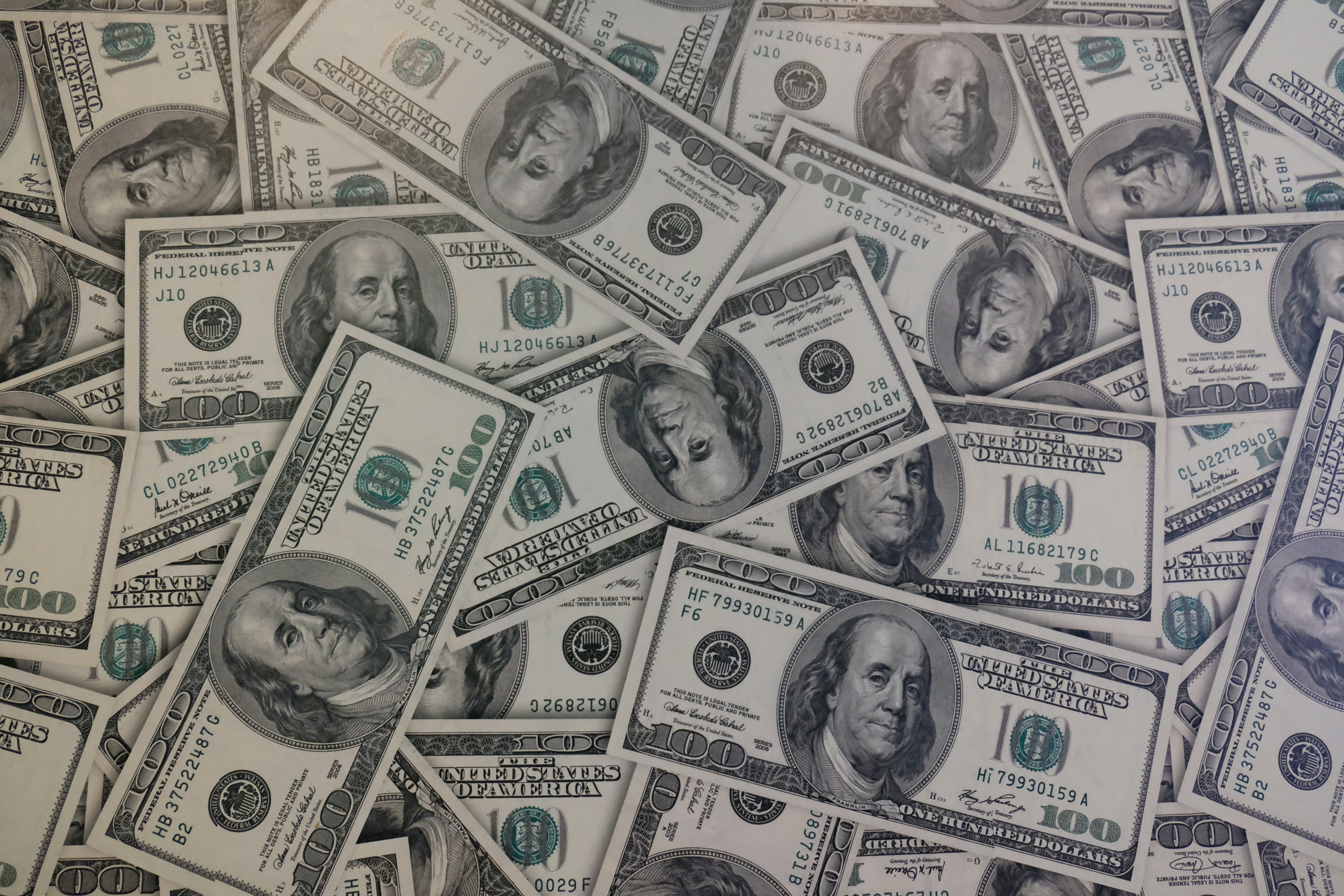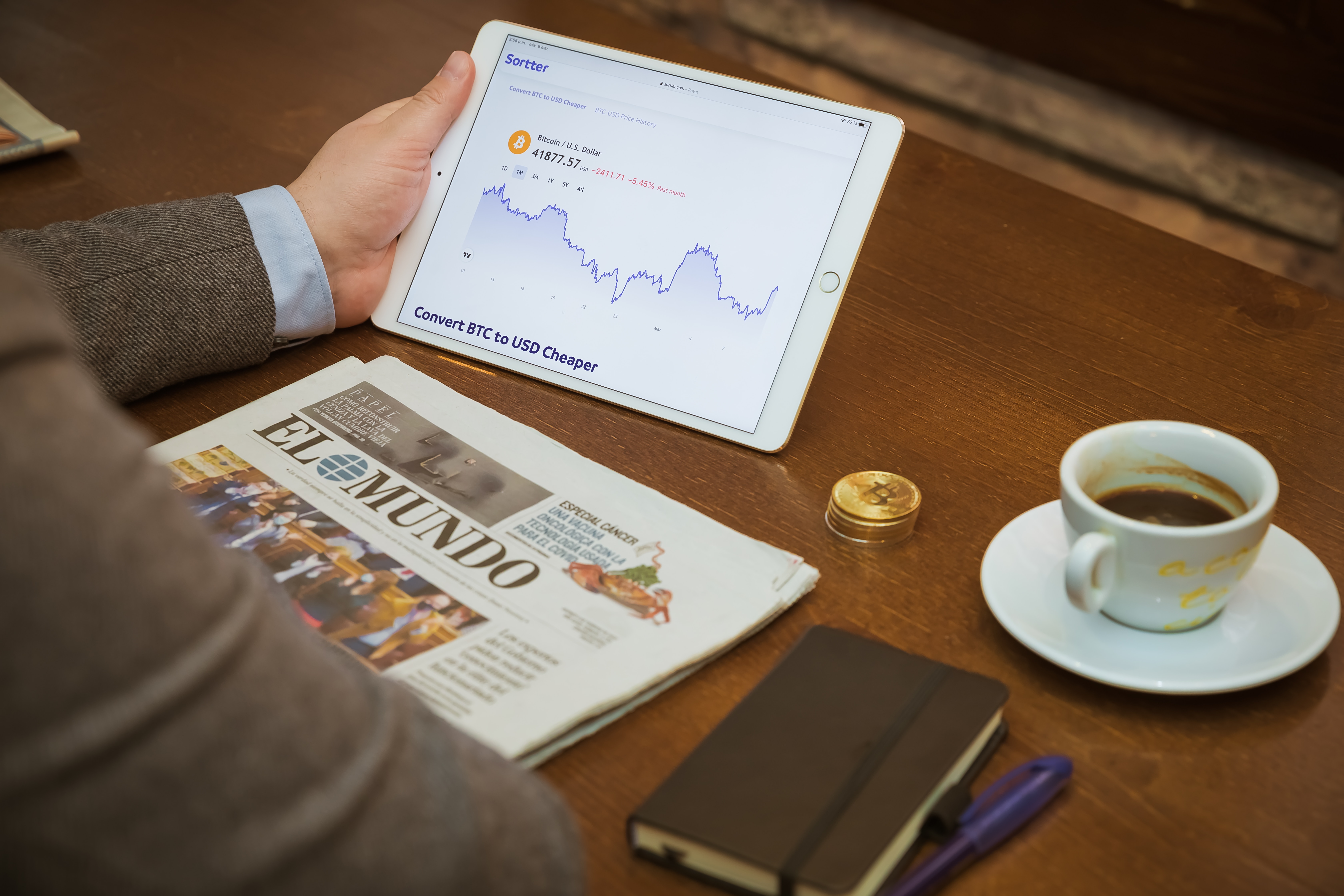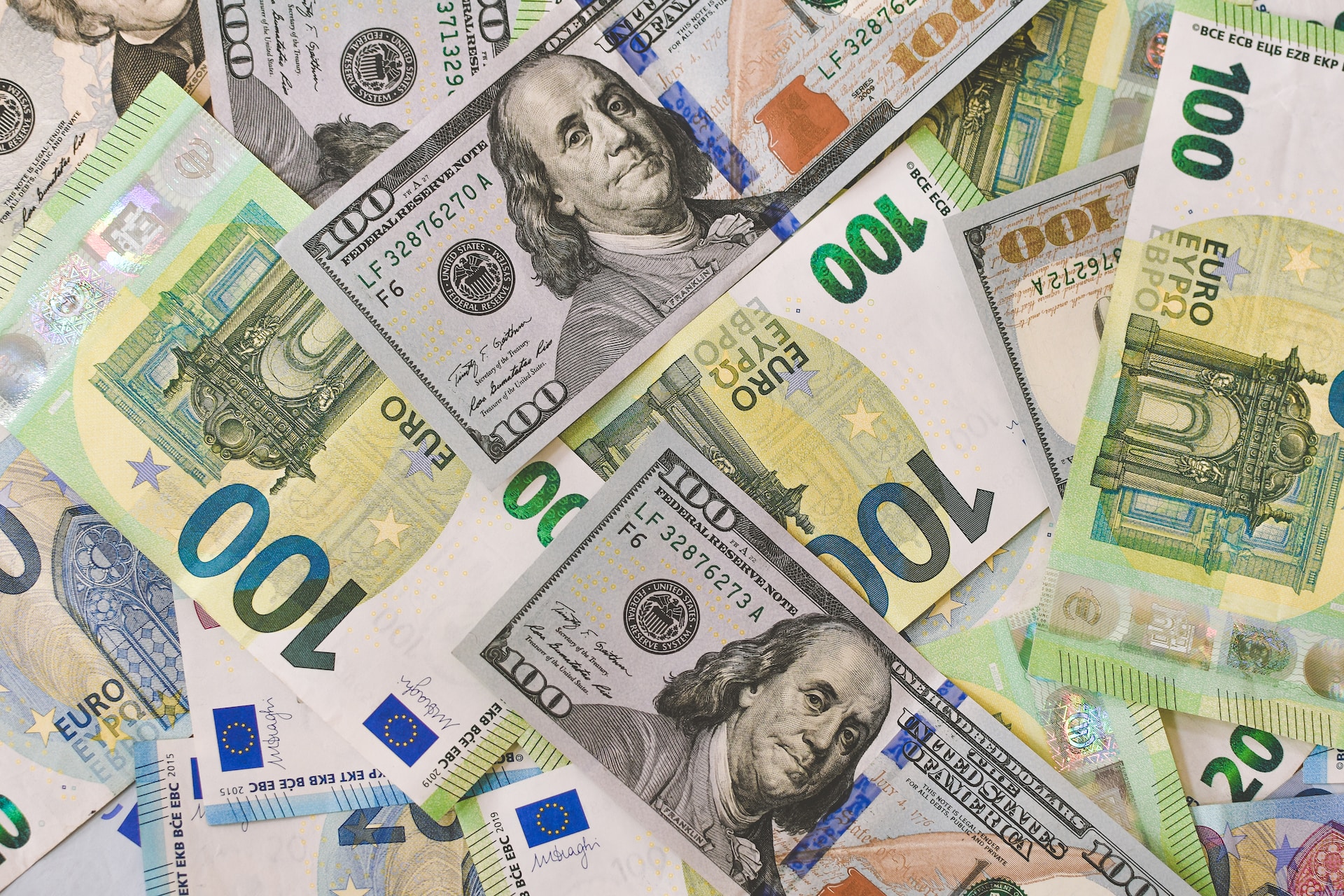Prediksi Harga Perak 2025, Grafik Harga 10 & 20 tahun
Prediksi Harga Perak Daftar Isi APA YANG MENENTUKAN HARGA PERAK? Peramalan Harga Perak 2025 Peramalan Harga Perak 2026 Peramalan Harga Perak...
22.05.2025 01.33
Prediksi Harga Emas 2025 - 2026 - Prakiraan untuk 5, 10 & 20 tahun
Prediksi Harga Emas Salah satu aset paling berharga dan tempat penyimpanan yang aman. Berabad-abad berlalu, tetapi nilainya terus tumbuh karena ...
26.03.2025 16.38
Prakiraan dan Prediksi Harga Gas Alam untuk Tahun 2025, 2030 dan Selanjutnya
Ramalan dan Prediksi Harga Gas Alam untuk 2025, 2030, dan Masa Depan Ramalan Gas Alam Daftar Isi: Ringkasan Ramalan dan Prediksi Harga Gas Ala...
09.04.2024 00.21

73 / 5.000 Prakiraan dan Prediksi USD (Dolar AS) untuk Tahun 2025 dan Selanjutnya
Prediksi USD untuk Tahun 2025 dan Seterusnya Dolar Amerika Serikat (USD) tetap menjadi salah satu mata uang yang paling banyak digunakan dan d...
10.03.2024 00.35
)
EBIT vs. EBITDA: Definisi, Rumus & Cara Menghitung
EBIT vs. EBITDA EBITDA dan EBIT, yang merupakan singkatan dari *earnings before interest, taxes, depreciation, and amortization* (pendapatan s...
14.08.2023 16.19

What Is Financial Liquidity: Definition, Formula & Example
Apa itu Likuiditas Keuangan? Dalam bidang keuangan, likuiditas adalah istilah yang sering Anda temui. Likuiditas pada dasarnya adalah ukuran e...
08.08.2023 01.04

Apa itu Saham dan Obligasi: Perbedaan dan Perbandingannya
Saham vs. Obligasi Meraih kemakmuran finansial merupakan aspirasi umum. Setiap orang ingin meningkatkan kehidupan mereka sendiri dan kehidupan...
26.07.2023 10.22

Tempat dan Cara Membeli Obligasi Pemerintah dari Polandia dan Amerika Serikat
Bagaimana Cara Membeli Obligasi Negara? Dasar pendidikan investor Anda haruslah mempelajari cara membeli obligasi. Portofolio yang terdiversif...
24.07.2023 03.22
Arti dan Jenis Lilin Doji: Capung, Batu Nisan, Bintang, dll.
Pola Lilin Doji Apa itu Pola Doji? Ketika trader menganalisis pasar, mereka mengandalkan pola yang terbentuk pada grafik harga, dan lilin doj...
18.07.2023 14.08